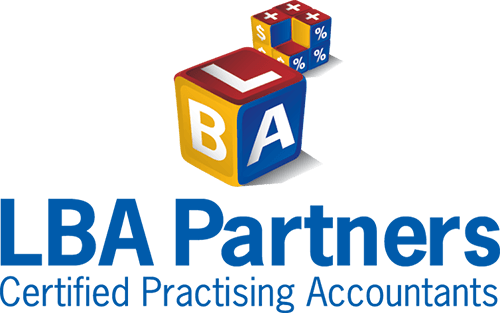Div 7A loans: minimum repayments
Div 7A of the ITAA 1936 prevents profits or assets from private companies being provided to shareholders or their associates in a tax advantageous (or sometimes tax-free) manner. This Division captures payments or other benefits such as loans, advances, gifts or writing off a debt and treats them as a dividend (known as a “deemed dividend”) for income tax purposes. This deemed dividend is generally unfranked, which means that the private company shareholder or associate will not get the benefit of a franking credit that is associated with normal dividends. In terms of loans to private company shareholders or associates, the easiest way to prevent an unfranked deemed dividend under Div 7A is to ensure that the loan is either repaid in full, or placed on a Div 7A complying loan agreement before the company’s lodgment day. If loans to shareholders and associates will not be repaid before the company lodgment date, loan agreements should be in place and meet the 3 criteria to be considered a complying loan: the minimum interest rate requirements must be met, the loan must not exceed the maximum term, and the agreement is required to be in writing. To meet the minimum interest rate requirement of a complying loan, the interest rate for each year of the loan must be at least equal to the Div 7A benchmark interest rate, which is updated annually. For the year ended 30 June 2024, the benchmark interest rate is 8.27%. The maximum terms of the loan must not exceed the following: 25 years for a loan secured by a mortgage over real property (the whole of the loan must be secured by a registered mortgage over property, and when the loan is first made, the market value of the property, less liabilities secured over the property in priority of the loan, must be at least 110% of the amount of the loan); or 7 years for any other loan. In addition, for a loan to be complying, a written agreement must be in place before the private company’s lodgment date for the income year in which the loan amount was paid to the shareholder or associate. While there is no prescribed form for the written agreement, at a minimum, the agreement should identify the parties, set out the essential terms of the loan (the amount and term of the loan, the requirement to repay, and the interest rate payable), and be signed and dated by the parties. The loan agreement can be drafted to cover loans which will be made to shareholders or associates for a number of income years in the future. Where these 3 criteria are met, the loan would be considered to be a complying loan and not subject to the Div 7A deemed dividend rules. However, it should be noted that shareholders and associates will be required to make minimum yearly loan repayments of principal and interest as set out in the loan agreement. The minimum yearly repayments can be worked out either using a specific formula or using the Div 7A calculator and decision tool on the ATO website. Div 7A is a complex area with many nuances and variations depending on the individual factors and parties to the loans. For example, in some circumstances, some loan repayments may not be taken into account in working out minimum yearly repayments or the amount of loan repaid. Therefore it is imperative that experts are consulted in complex situations to avoid paying more tax than expected.



